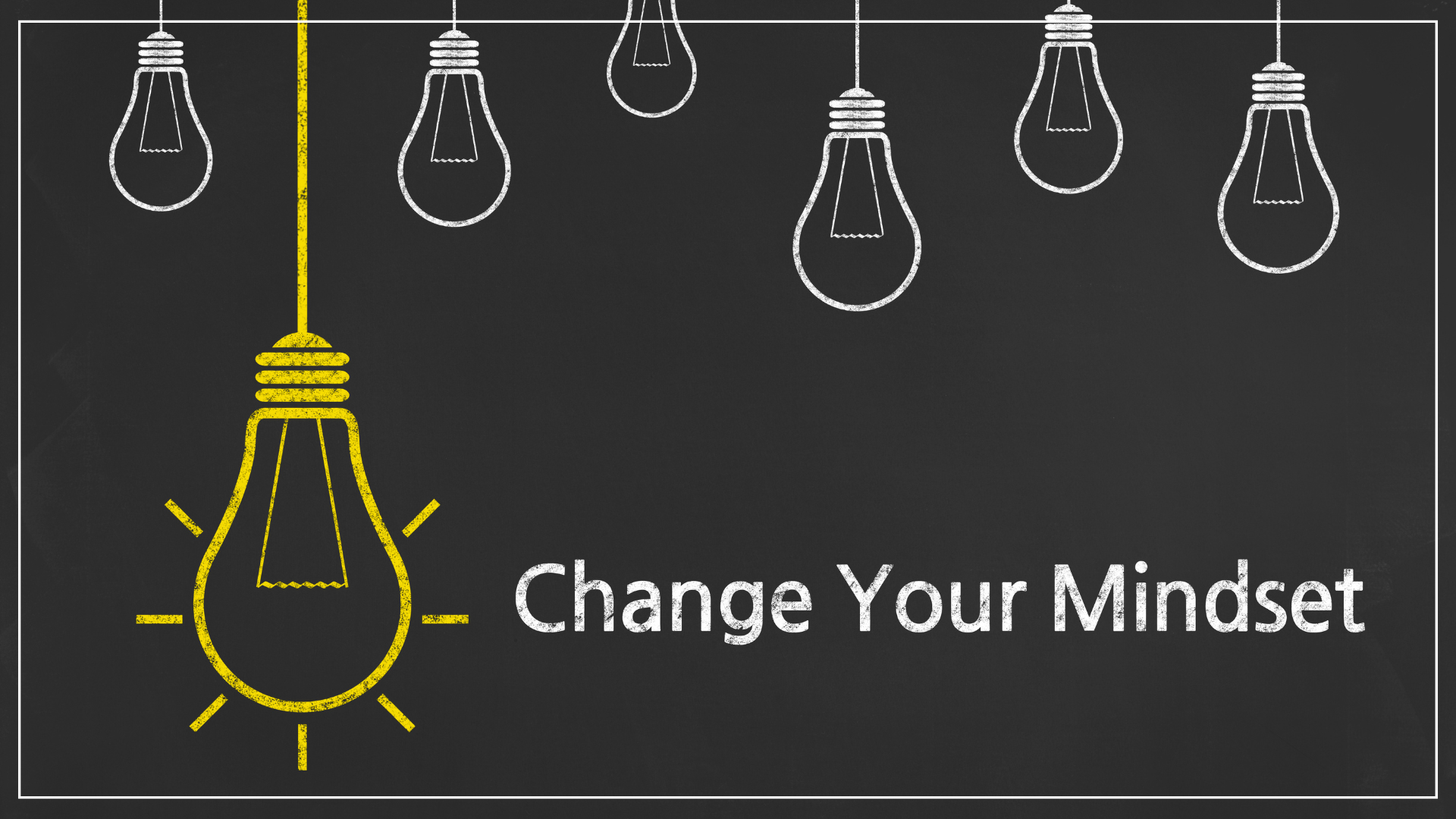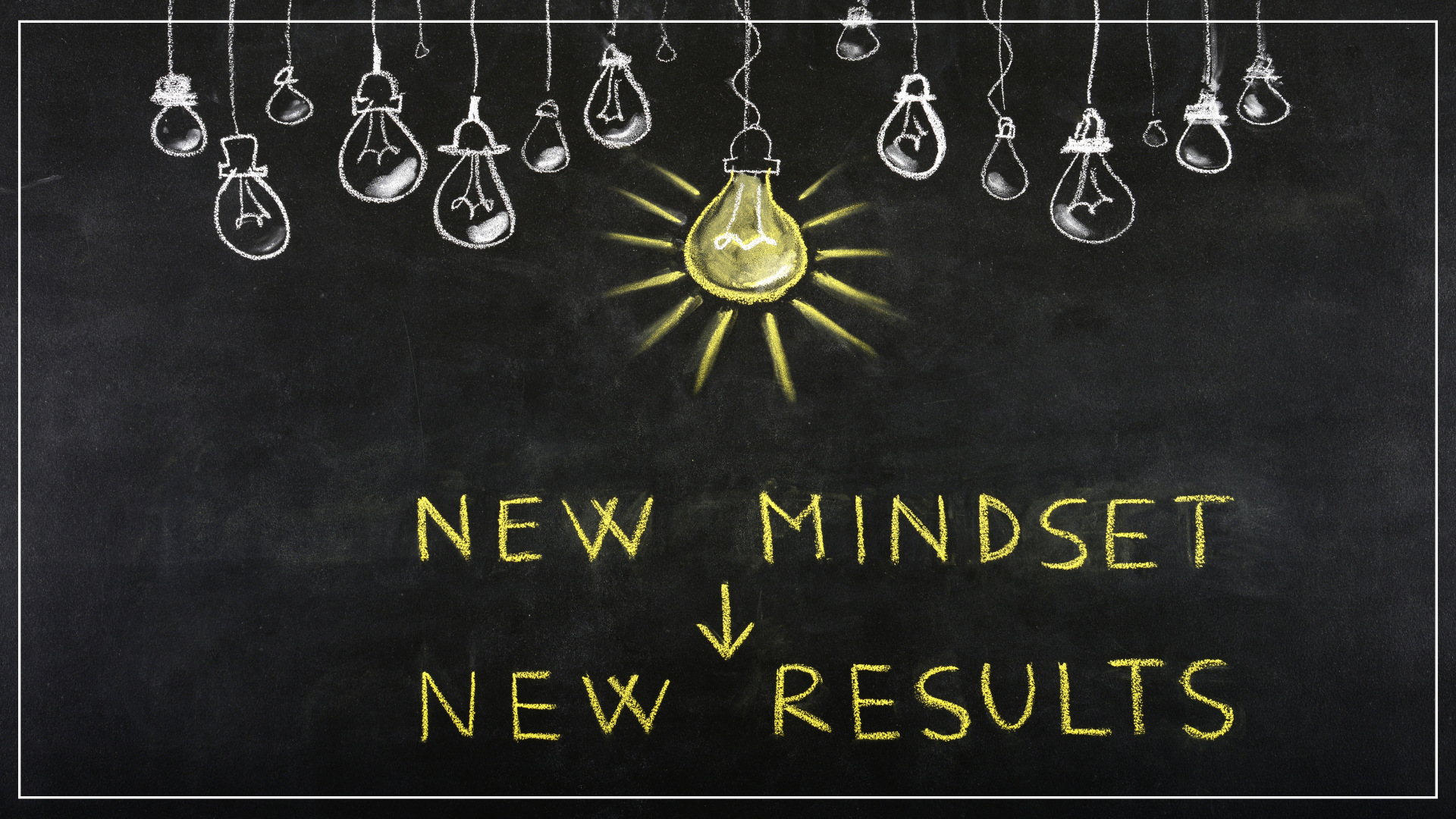This is a Closed Mindset and How to be More Open-Minded
Shifting from a closed mindset to an open mindset through awareness, understanding, and willingness to change can further your self-development, broaden your world understanding, and support success.
Dear Spirited Earthling,
A closed mindset is like a self-imposed block to personal growth and transformation. This type of mindset is characterised by a belief system that promotes inflexibility, resistance to change, and an unwillingness to entertain new ideas. Understanding what a closed mindset is, and being able to acknowledge you have one, is the first step to overcoming this obstacle. This post provides an overview of what a closed mindset is, how to recognise it, and ways to be more open-minded.
What a Closed Mindset is
Individuals with a closed mindset resist change, avoid new experiences, and are unwilling to consider new ideas. They dismiss information that does not align with their existing beliefs, avoid challenges, give up easily, ignore constructive criticism, and feel threatened by others' success. Similar to a fixed mindset, close-minded individuals perceive their abilities as static, believing their inherent talents are the primary determinant of their success, thus undermining the importance of effort, learning, and resilience.
Recognising a Closed Mindset
Identifying a closed mindset requires introspection and self-awareness. Key indicators of a closed mindset include resistance to change, rigidity in beliefs, and a fear of failure. Additionally, those with a closed mindset often lack curiosity, resist learning or adapting, have a tendency to dismiss feedback, and have a habit of making excuses for personal shortcomings. Here are some questions you can ask yourself to recognise if you have a closed mindset:
Resistance to Change: Have you ever noticed a feeling of unease, discomfort or even outright resistance when you are faced with change? This could be in any aspect of your life, be it personal or professional. Do you find it challenging to adapt to new circumstances or routines, preferring instead the comfort of the familiar?
Rigidity in Beliefs: Consider the nature of your beliefs and opinions. Are they fixed and unyielding, firmly entrenched with little to no room for considering alternative viewpoints or perspectives? When presented with new or challenging information that contradicts your existing views, do you find yourself immediately dismissing it without giving it due consideration or assessing its validity and merit?
Fear of Failure: Examine your attitude towards failure and making mistakes. Does the fear of failing or the possibility of making mistakes deter you from trying new things, venturing into unfamiliar territories, or taking calculated risks? Is the apprehension of not succeeding in your endeavours holding you back from embracing opportunities for growth and learning?
Lack of Curiosity: Assess your level of curiosity and interest in the world around you. Are you disinterested or indifferent towards learning new skills, exploring new subjects or engaging with different cultures and ideas? Does the thought of stepping out of your comfort zone to broaden your horizons and expand your knowledge seem daunting or unappealing to you?
Rejection of Feedback: Reflect on how you handle constructive criticism or feedback. Do you find it difficult to accept such feedback, even when it's offered in a supportive and well-meaning manner? When someone disagrees with you or offers a differing viewpoint, do you become defensive or argumentative, rather than seeing it as an opportunity for self-improvement and personal growth?
Shifting from a Closed Mindset to an Open Mindset
Transitioning from a closed to an open mindset is a gradual process requiring patience, persistence, and personal growth commitment. Recognising you have a closed mindset is the first step to becoming more open-minded. From there, begin to cultivate a love for learning, embrace challenges, tolerate ambiguity, and view failure as a growth opportunity rather than a mark of personal inadequacy. Additionally, embrace feedback, nurture curiosity, and encourage experimentation to develop an open mindset. Here are ideas on how to be more open-minded:
1. Practice Self-Awareness
One of the first steps to take is to develop better self-awareness. This means developing a deeper understanding of your thoughts, emotions, and reactions. Be aware of moments when you might hold onto closed-minded beliefs that limit your growth. Why? What is it about those moments that are so confronting? Acknowledging these thoughts and behaviours allows you to work on them and change your thought patterns to a more open-minded approach to life and interactions with others.
Read What Self-Awareness Is and Means, and How to Become More Self-Aware
2. Embrace Change
Rather than resisting it, see change as a wonderful opportunity for personal growth and learning. While it may be challenging, change serves as a powerful catalyst for improvement. By embracing change, you expose yourself to new experiences and opportunities. You may find a better life, career or relationship path. Actively choose to approach change with an open mind and a readiness to learn and grow.
Read Understanding the Fear of Change and How to Overcome It
3. Challenge Your Beliefs
Actively challenging your own beliefs and opinions is essential for maintaining a well-rounded perspective. When you can hold the space to do so, pursue new information through reading, research, and discussions. Consider alternative viewpoints, even those that initially seem contradictory to your own. Don't be afraid to question your convictions, and don’t be pressured to change them. Let your strengthened self-awareness help guide you in exploring beliefs. Continuously learning and challenging your assumptions is an important key to personal growth and intellectual development.
Read Understand Your Values and Beliefs with Helpful Journal Prompts
4. Accept Failure as a Learning Opportunity
Changing your perspective on failure is fundamental to shifting from a closed to an open mindset. Instead of viewing it as a negative reflection of your worth, try to see it as an essential part of the learning process and a valuable opportunity for growth. Each failure provides new insights that can support future success. This shift in perspective can promote a healthier, more productive approach to overcoming challenges and achieving goals.
Read Embracing Failure Is A Great Life Teacher For Growth
5. Curiosity and Exploration
Foster curiosity by seeking new experiences, exploring unfamiliar subjects, and exposing yourself to new and fresh ideas. It's important to remember that no matter your age or the rigidity of your routines, it's never too late to adopt the mindset of a lifelong learner. This mindset can be cultivated by enrolling in courses that spark your interest, investing in books that cover an array of topics you find intriguing, and making time to visit museums and exhibitions that provide insight into different aspects of life and the world.
Knowledge is not a scarce resource; it's abundant and surrounds us in every direction. By being curious - about yourself, life in general, the environment we inhabit, and the vast range of human experiences - you stay actively engaged with the world. This engagement fuels your personal growth and opens up opportunities for you to learn from every experience, every interaction, and every moment of life.
Read Ultimate Guide to Better Understand and Expand Comfort Zones
6. Seek Diverse Perspectives
Consider the value of every interaction, understanding that each person's life experiences, and cultural background can offer a different lens through which they view the world. Strive to appreciate the depth and richness that such varied viewpoints can add to your understanding of life, its complexities, and the human condition. Contemplate how this diversity in perspectives can affect decision-making, leading to more innovative and inclusive solutions. Always uphold and respect the intrinsic value and dignity of each person's voice and viewpoint, no matter how different it may be from your own. Acknowledge the strength that lies in our collective diversity, understanding that it is the multitude of voices, the spectrum of experiences, and the array of perspectives that make us stronger as a society.
Read The Best Benefits of Not Being the Smartest Person in the Room
7. Listen Actively
Practice active listening when socialising and engaging with others. Active listening isn't just about hearing the words that another person is saying, it's about being fully present in the conversation and paying careful attention to the speaker. This means not getting caught up in planning your next response or letting your mind wander to other topics. Instead, the focus should be on truly understanding the other person's viewpoints and perspectives. By doing this, you demonstrate a genuine interest in what they have to say, which can make the other person feel valued and heard. This approach to conversation goes a long way in building strong, meaningful relationships. Moreover, it makes your communication more open, honest, and respectful. This doesn't mean you always have to agree with the other person, but understanding their perspective can help foster mutual respect and open dialogue.
Read Fantastic Self-Care Practices for Mindful Social Interactions
8. Accept Constructive Feedback
It's essential to always be open to constructive feedback. Rather than viewing feedback as criticism that could potentially be demotivating, it should instead be seen as a powerful tool for personal growth and improvement. When you receive constructive feedback, even if it's not what you hoped for, remember that it's fundamentally designed to help you improve. You’ll be better equipped to meet challenges, adapt to changes, and deliver high-quality work.
Read Understanding and Cultivating a Growth Mindset to Empower You
Rephrasing Close-Minded Statements to Open-Minded Statements
Challenge the thoughts you have and rephrase statements to be more positive and open-minded:
Closed Mindset: "I already know everything there is to know."
Open Mindset: "There's always more to learn and explore, and I'm open to new ideas and perspectives."
Closed Mindset: "I don't need help from others; I can do it all myself."
Open Mindset: "I welcome collaboration and support from others; together, we can achieve more."
Closed Mindset: "I don't want to try new things; it's too risky."
Open Mindset: "I'm open to trying new experiences and taking calculated risks to learn and grow."
Shifting from a closed mindset to an open mindset through awareness, understanding, and willingness to change can further your self-development, broaden your world understanding, and support success.
Spirited Earthling is more than just a blog – it's a gathering place for kindred spirits drawn by an interest in self-discovery, the appeal of self-care, and a desire for a deeper connection to themselves and the world. It is written and created for curious minds and spiritual hearts seeking meaning in everyday life. This blog aims to help you curate your wholesome personal growth with free weekly ideas and affordable resources for sale.
As you navigate your personal growth journey using the words and ideas shared here, consider sharing this blog with someone looking for inspiration or motivation on their own journey. We are all spirited earthlings, and can lift each other together with mindful, connected living. I deeply appreciate every read, share, and purchase.
Thank you for being part of this community.
Best wishes, warmest regards
Jordan
Connect with Spirited Earthling on your favourite social platforms and say hello 🌻
Resources for mind, body, and soul growth available in the Shop🖤



